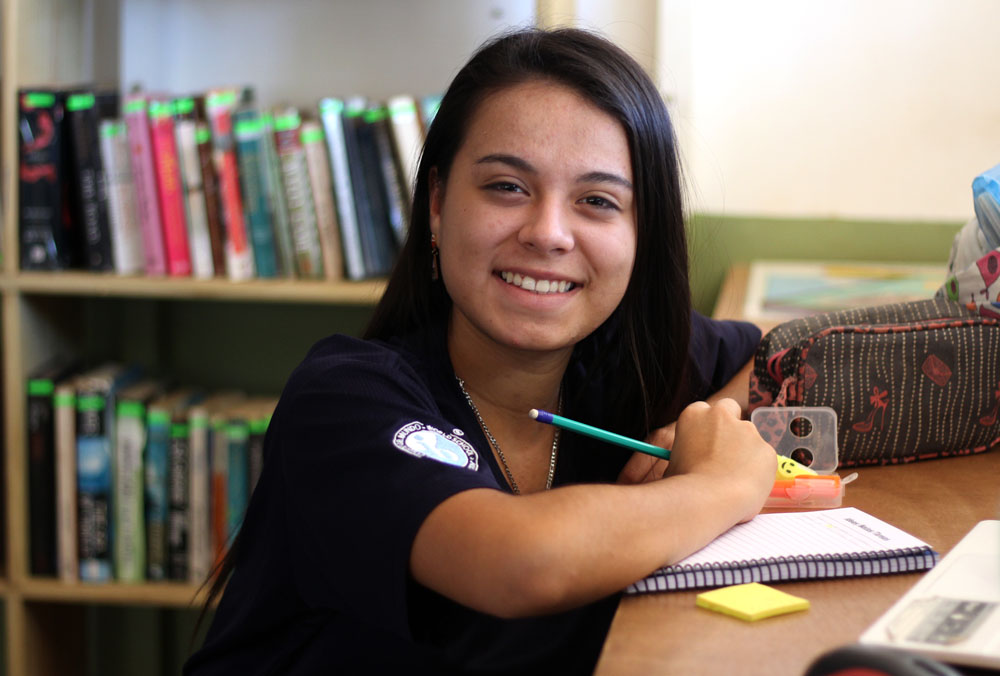
Aren’t all schools the same? Or, if they are different, they can’t be THAT different, right? I have heard comments like these so many times in my 16 years as a teacher and an administrator.
Futuro Verde is accredited by the Ministry of Public Education (MEP) here in Costa Rica and we are authorized to offer the Diploma Program (DP) as an IB World School. We then choose to align all our grade levels- preschool, elementary and middle school to the IB way of teaching and learning in our DP program. The philosophical groundings of MEP and IB could not be more different from one another- quite literally they are nearly polar opposites. Both ways of learning can get you a high school diploma, but did you know that the IB philosophy does something for students that a traditional MEP education simply does not provide? But what is this difference, you ask?
IB: Guided by a Holistic and Inquiry-Based Education
An IB education is grounded in inquiry and constructivism and is built strongly on a curricular structure that requires students to be critical thinkers and active participants in their learning. Unlike in traditional contexts, IB teachers are guides on the side, not sages on the stage. IB teachers are also entrusted with their own curriculum development. This makes each IB course unique in every school as teachers develop and create their curriculum to match their students’ needs and interests and their specific school context. This pedagogical freedom requires teachers to be smart, creative and excellent models of the critical thinking they then seek in their students.
The other impressive hallmark of an IB education is its commitment to the holistic development of students. So many educational systems, including MEP, place ultimate importance on only a few basic, academic subjects and they do so at the expense of holistic development. IB is dramatically different in this sense! In the DP, the three requirements that make up the core studies for a student are not even any of the basic, academic subjects. Without fulfilling the core successfully, students do not achieve an IB diploma! Core IB classes are: Theory of Knowledge (TOK)- a two-year course designed to critically analyze how we know what we know; Creativity, Activity and Service (CAS)- a course that requires students to be balanced- to be physically active, to try new things, to serve others and to explore their creativity; and finally, Extended Essay (EE)- which is essentially a 4,000 word mini-thesis, written on a topic of the student’s choice. This commitment to core abilities like social connection, critical thinking and research and written expression make IB’s core elements a fantastically holistic graduation requirement!
The final element of IB that is firmly committed to holistic development comes from the final requirements for graduation- passing grades in all of the basic, academic subjects AND in the arts! Gone are the days that students can be so narrowly focused. IB develops in students a liberal arts inspired approach to teaching and learning, leaving students, parents and teachers alike to fully embrace the notion that ALL student learning is equally important, not just success in basic, academic subjects!
As you can see, an IB education is drastically different from a traditional model of learning and, in our modern society focused on 21st Century Skills, the IB provides students with the advantage they need in high school in order to set them up for the most successful university experience possible!

